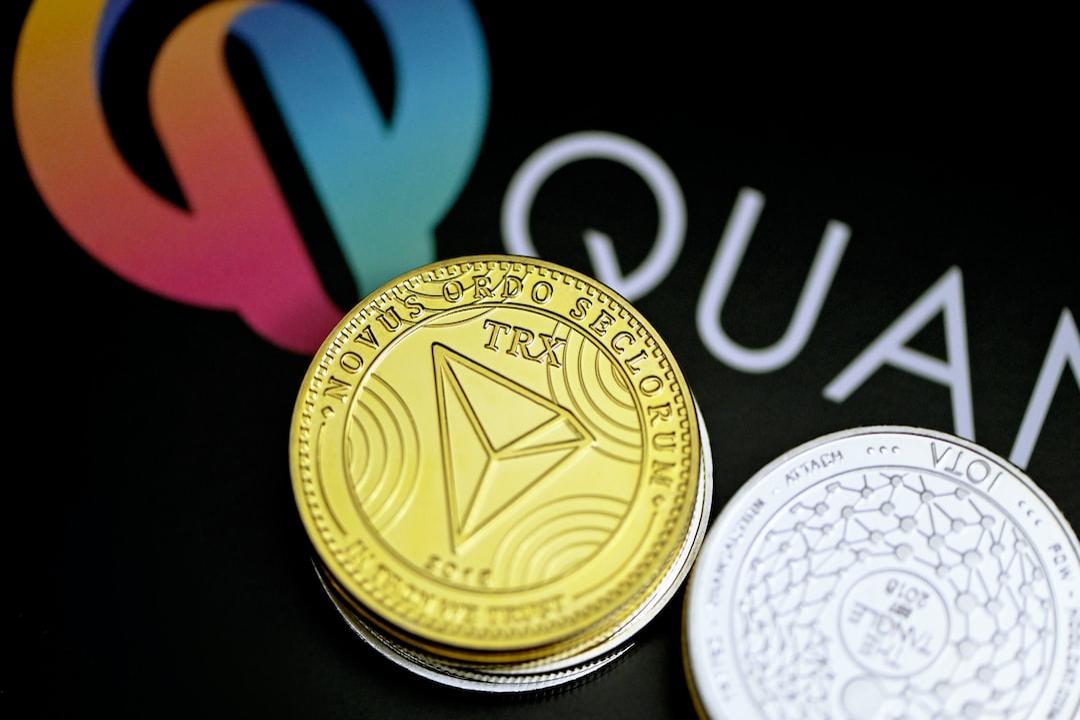As the Creator of “Uncertainty,” Trump Also Does Not Want to Face “Uncertainty” Before Next Year’s Midterm Elections
This article is sourced from an article by Alex Yu and reprinted by wublockchain.
(Background: Trump delays tariffs, causing confusion; Bitcoin spikes to 81,000, U.S. stocks rollercoaster, Fed’s rate cut expectations surge in May)
(Supplementary Background: Foreign media reports that Musk “privately lobbied Trump” to withdraw tariffs but failed, clashing with White House trade advisors: “There’s something wrong with their minds.”)
Last week, on April 2 at 4 PM Eastern Time (after the U.S. stock market closed), Trump announced his “reciprocal tariff” plan. He calculated the new “reciprocal” tariff rate by dividing the trade surplus of major trading partners with the U.S. from last year by their total goods exports, and then dividing that number by two. The logic behind this? Not important. What matters is that they need an excuse to start a war. Subsequently, global markets, including crypto assets, were plunged into turmoil.
The current market uncertainty surrounding Trump’s tariff plan lies in whether the tariffs are a long-term national policy of the Trump team or merely a negotiation strategy to extract benefits from negotiating partners (trade partners, large corporations). If it is the former, then perhaps, as many have said, this will change the global trade landscape, and the U.S. is moving toward isolationism, which would undoubtedly be long-term detrimental to the global economy. But if it is the latter, then the moment the so-called “reciprocal tariffs” were announced on April 2 could be seen as the peak of fear in this trade war, with subsequent developments likely to move toward achieving consensus between the U.S. and bilateral/multilateral partners through negotiations, leading to a gradual alleviation of market panic and a return of asset prices to appropriate levels.
Although Trump has previously touted tariffs as a form of “national policy” during his campaign and after taking office, using them to compel manufacturing to return is also a political commitment to the Rust Belt and lower-income voters, and his stance has been remarkably firm. However, I still lean toward the view that tariffs are merely his negotiation chips, with the ultimate goal of securing enough political achievements for himself, which may include:
- More overseas orders: Other countries procuring more American goods (food, energy, weapons, passenger planes)
- More domestic job opportunities: Large corporations investing in building factories in the U.S. (e.g., TSMC)
- Reasonable encirclement of competitors: Forcing countries that attempt to straddle the fence to unite with the U.S. to further encircle China (today, Vietnam and South Korea have already announced high tariffs on steel exports to China)
Moreover, the asset crashes and recession expectations triggered by the tariffs have also put immense pressure on Powell, who is unable to act decisively. If Trump cannot leverage executive power to compel the U.S. Federal Reserve to cut rates, what about the economy and stock market that are on the brink of collapse? Therefore, as long as he and his group can withstand the current immense pressure, and the seemingly illogical tariff demands gradually transform into results during negotiations, his reputation will gradually improve.
These results will convert into energy that further strengthens his political influence, serving as justification for expanding his power, and helping the Republican Party gain an advantage in next year’s midterm elections. So is there a possibility that Trump genuinely views tariffs as a long-term national policy, believing that tariffs can force manufacturing to return and reverse the current hollowing out of American manufacturing, providing more job positions?
But the problem is that there is currently neither the time nor space to allow for such an approach. With the midterm elections for both houses coming up next year, the economic recession, stock market crash, and asset inflation caused by long-term high tariffs are bound to cause the Republican Party to lose its currently slim majority in the House of Representatives (and possibly the Senate), making Trump a “lame duck president” in the last two years of his term, making it even more difficult to implement policies.
There is simply not enough time and space for him to engage in such a long-term national policy. By the time next year’s stock market falters and crypto assets fail, he won’t even be able to hold onto short-term policies, let alone long-term ones. Therefore, this possibility is relatively small.
In fact, as of now, less than a week after the announcement of reciprocal tariffs, following engagements with several countries and the confirmation of actual negotiation benefits, the Trump team has already begun to soften its tone regarding tariffs. For example, today, Kevin Hassett, Director of the National Economic Council, stated: “Currently, more than 50 countries have contacted the White House to start trade negotiations. President Trump is not trying to destroy the U.S. market.” Immediately following, U.S. trade advisor Navarro voiced that Trump seeks to reduce tariffs and non-tariff barriers. This old hand is a primary supporter of Trump’s tariff policy and has recently been fiercely criticizing Musk’s free trade stance.
So, will any unexpected situations arise during this process? It’s possible. For example, if negotiations with some of the most significant trade players, especially the EU and China, do not go smoothly. Currently, these two either have already implemented countermeasures or have threatened to retaliate if negotiations fail (April 13), and Treasury Secretary Mnuchin warned on the day of the “reciprocal tariffs” announcement: “Don’t retaliate, or the U.S. will escalate.” This situation could lead to a stalemate in negotiations or even a short-term escalation of conflict (further raising tariffs against each other), but considering that most other countries will actively negotiate with the U.S., the possibility of the overall situation being worse than it is now is not high.
After all, Trump’s core mission remains to secure more “political achievements” before next year’s midterm elections, rather than allowing high inflation and a collapsing stock market to jeopardize his remaining term. Therefore, negotiating sooner rather than later would be more beneficial for Trump.
As the creator of “uncertainty,” Trump also does not want to face “uncertainty” before next year’s midterm elections.



